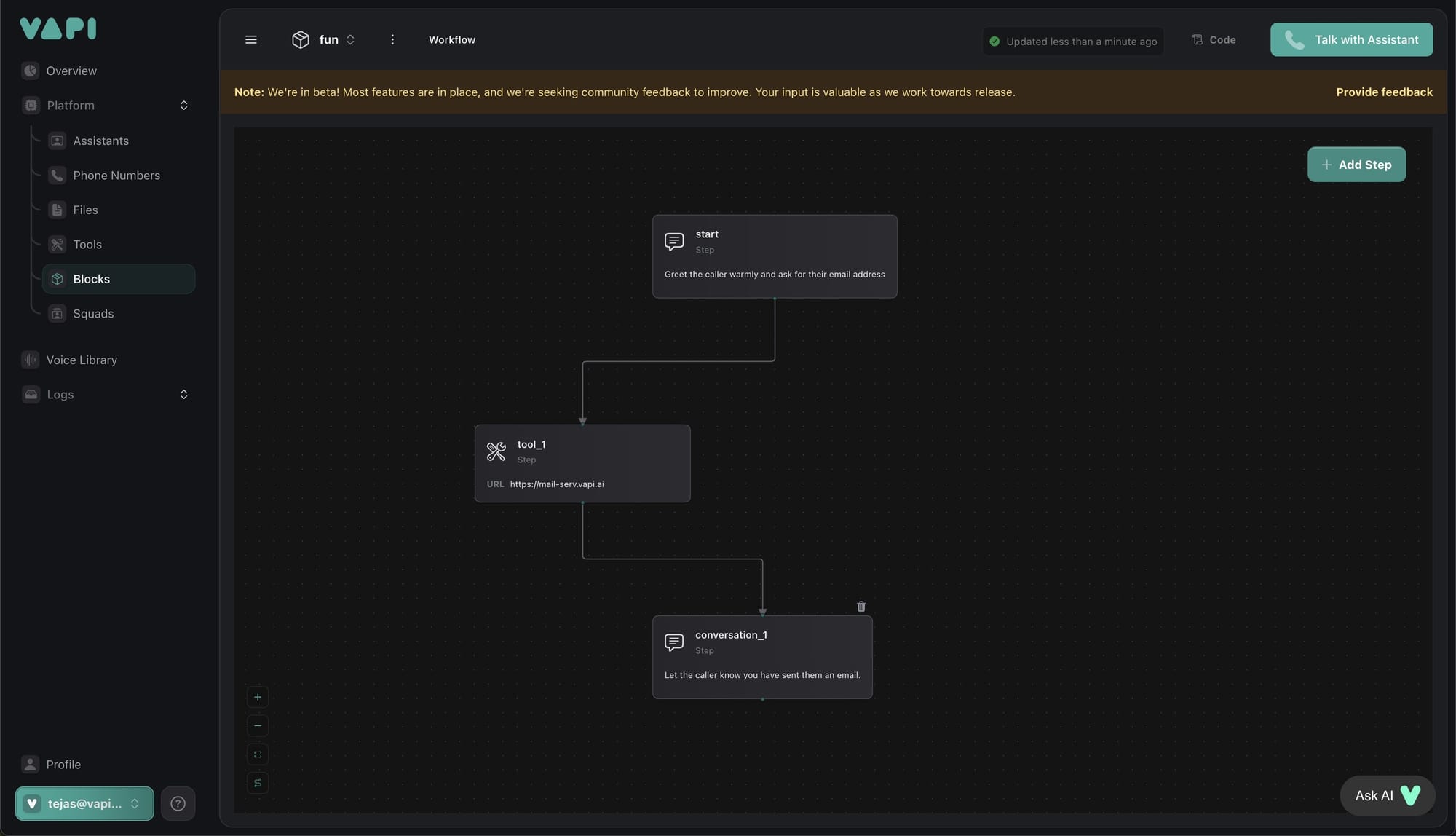
Voice AI is having a moment. What was once robotic and awkward has evolved into technology capable of seamless, human-like conversations. Yet for many enterprises, deploying these systems remains prohibitively complex. Vapi, a startup launched just six months ago, is aiming to change that.
Key Points:
- Vapi has raised $20M in Series A funding led by Bessemer Venture Partners, valuing the company at $130M.
- In just six months, Vapi has scaled to millions in revenue, serving industries like healthcare, finance, and travel.
- The platform lets developers build and deploy voice agents rapidly, bypassing traditional complexity.
Founded by Jordan Dearsley and Nikhil Gupta, Vapi was born out of frustration with the challenges of building voice AI applications. Dearsley, a former engineer, spent hours walking with a voice AI therapist he created, only to realize that the infrastructure to build such systems was unnecessarily arduous. Vapi emerged as a developer-first solution, offering APIs and tools that allow companies to create custom voice agents in weeks instead of months.

“Consumer-facing companies run on voice, but people don’t scale,” Dearsley said. “Our platform enables enterprises to deploy scalable, natural-sounding voice agents that fit seamlessly into existing systems.”
With its proprietary technologies, including low-latency streaming and multilingual support, Vapi has become a trusted partner for businesses like Luma Health and Ellipsis Health. The company also boasts integrations with major telephony systems and support for popular generative voice platforms.
Why It Matters: Voice is becoming the interface of choice for millions of users worldwide. From customer service to healthcare triage, the demand for AI-powered voice interactions is exploding. Vapi’s infrastructure simplifies the process for enterprises, allowing them to focus on delivering value to their customers.
This funding will enable Vapi to expand its engineering team and scale its infrastructure to meet surging demand. “This is just the beginning of a voice-first future,” Dearsley said.
What’s Next: Vapi is positioning itself as the backbone for conversational AI, much like AWS did for cloud computing. With competition from giants like Apple and Google entering the voice AI space, Vapi’s agility and developer-first ethos could be its key to success. As voice becomes the world’s default interface, the real challenge will be scaling the technology while maintaining its human touch.

